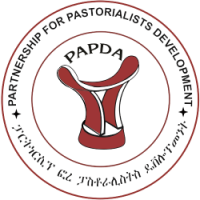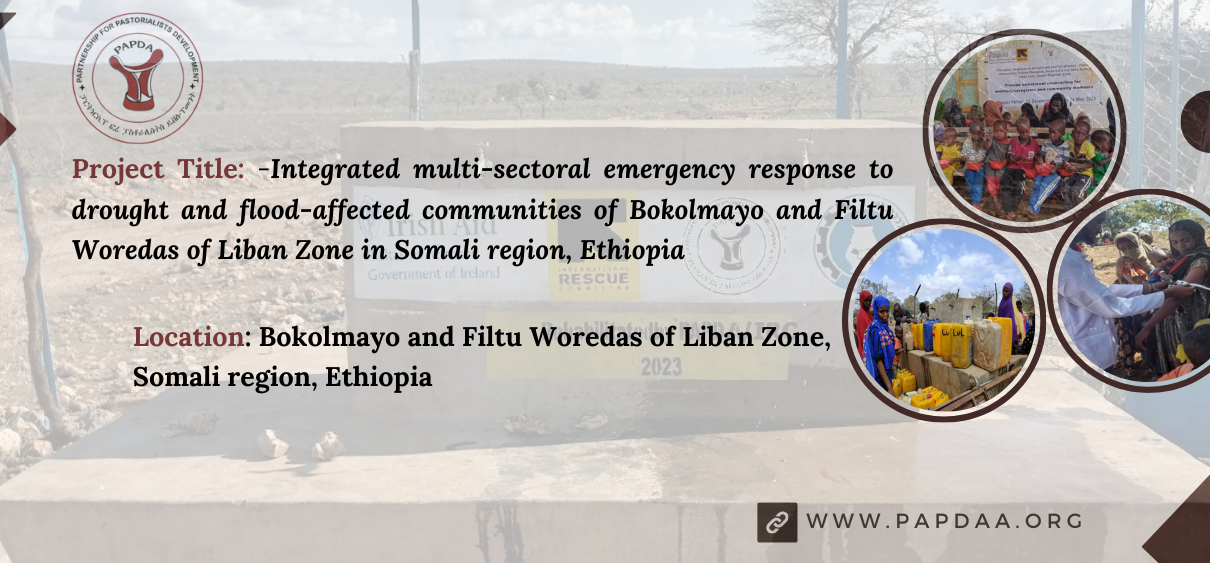- PAPDA_IRC2_update5
- 4mins read
- 273 Views
Update No: 5
In this update, we highlight significant strides in health and community well-being:
1. Integrated Management of Neonatal and Childhood Illness (IMNCI) Training:
A total of 44 health workers, including 17 females, took an Integrated Management of Neonatal and Childhood Illnesses (IMNCI) training. Participants comprised health extension workers, PAPDA’s outreach workers, and health and nutrition staff from Bokolomayo and Filtu Woredas. The training, held from September 27 to October 3, 2023, in Filtu Woreda and October 9-15, 2023, in Bokolomayo Woreda, aimed to equip health professionals with essential skills to manage neonatal and childhood illnesses effectively.
Focus areas of the training are: antenatal and postnatal care, labor and delivery, newborn and childhood illness management, communicable and non-communicable diseases, family planning, hygiene, and community mobilization.
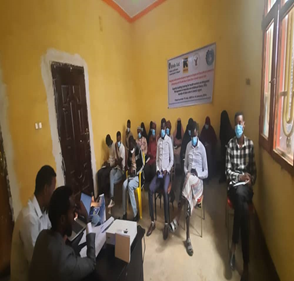

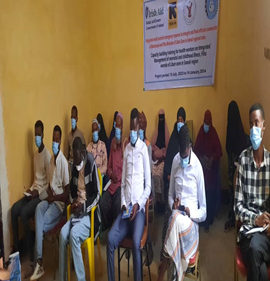

2. Community Health Education and Awareness:
Engaged with 1,357 community members (994 females) through targeted awareness creation and community discussion sessions in project woredas, health education, and awareness-raising sessions conducted during mobile health services, nutrition screening, and other community gatherings, reaching 2,025 participants (1,596 females). The training covered maternal health, immunization, family planning, child health, infant and young child feeding, sanitation and hygiene, prevention of acute watery diarrhea, and handwashing.
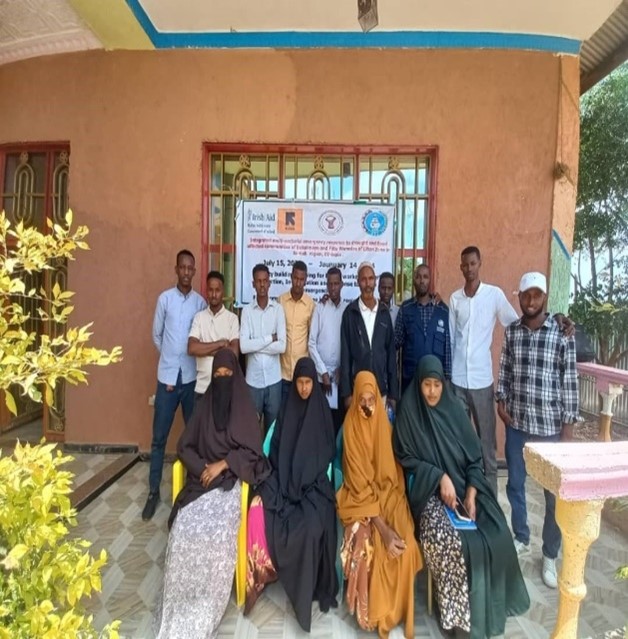

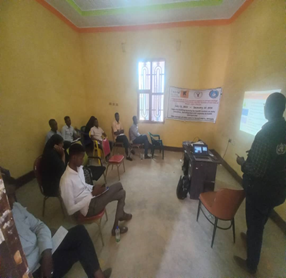

3. Early Detection, Investigation, and Response to Health Emergencies Training:
Thirty-seven health workers, including 12 females, participated in training on early detection, investigation, and response to health emergencies (Public health emergency management). Participants included woreda health workers, PAPDA’s mobile outreach workers, and health and nutrition staff from Bokolomayo and Filtu woredas.
The training focused on capacitating health workers with knowledge and skills in recognizing and responding to public health emergencies, strengthening early warning and surveillance systems, conducting practical surveillance activities, and improving the use of information for detecting, investigating, and responding to public health threats and recovery.
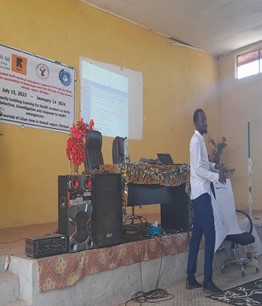

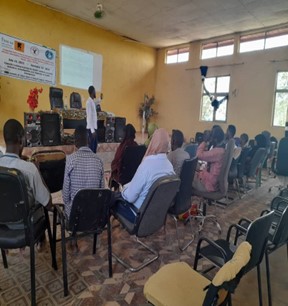

Stay connected for more updates on our impactful initiatives.
